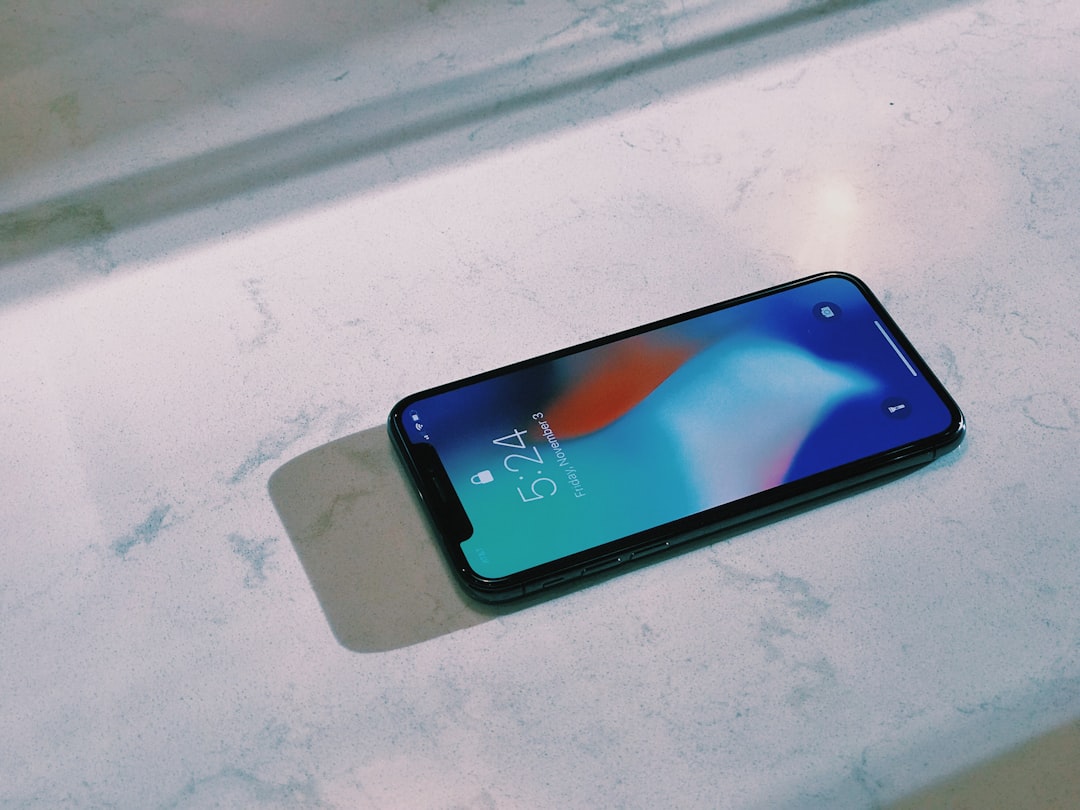Caller ID spoofing, where phone numbers are manipulated to deceive recipients, is a growing issue in the digital era, particularly in New Jersey. Unwanted call attorneys in the state specialize in combating this fraud, as it often involves scammers and telemarketers posing as local contacts. With strict laws against spoofing, these attorneys play a crucial role in protecting consumers and ensuring legal repercussions for offenders, thereby fostering a safer communication environment in New Jersey.
“In an era dominated by digital connectivity, caller ID spoofing has emerged as a concerning trend. This practice involves manipulating phone numbers to display false information, potentially leading to identity theft and fraud. This article delves into the intricate world of caller ID spoofing, explaining its mechanisms and the motivations behind it. We explore the legal implications, with a specific focus on New Jersey’s landscape, where unwanted call attorneys play a crucial role in mitigating this growing concern. Understanding these aspects is vital for both individuals and businesses to protect themselves from potential legal consequences.”
What is Caller ID Spoofing?
Caller ID spoofing is a deceptive practice where an individual or entity alters their phone number to appear as another, often with the intent to mislead or manipulate recipients. This technique tricks people into answering calls that might otherwise be considered unwanted or suspicious. Spoofed numbers can mimic local area codes, familiar business or personal contacts, or even emergency services.
In the digital age, where communication is increasingly reliant on mobile devices, this form of fraud has become more prevalent. Unwanted call attorneys in New Jersey often encounter cases involving spoofed Caller IDs, which can lead to legal repercussions for those engaging in such deceptive practices. Understanding how it works is crucial for both consumers and legal professionals navigating the complexities of telecommunications regulation.
How Does it Work and Who Uses It?
Caller ID spoofing is a technique that involves manipulating or falsifying the information displayed on a caller’s ID, concealing or misleading the recipient about the actual source of the call. It works by intercepting and altering the signal sent from the calling party to the recipient’s phone, replacing it with fabricated data. This process allows individuals or entities to make calls without revealing their true identity.
This practice is not limited to any specific group but has been employed by various parties, including scammers, telemarketers, and even certain businesses. Scammers often use spoofing to bypass call-blocking technologies and increase the effectiveness of their fraudulent schemes. Telemarketers might employ this tactic to make cold calls appear as local numbers, thereby increasing the likelihood of recipients answering. In New Jersey, unwanted call attorneys have also been known to utilize caller ID spoofing as a strategy to evade consumer protection measures aimed at curtailing unsolicited telephone marketing practices.
Legal Implications and Unwanted Call Attorneys in New Jersey
In New Jersey, the legal implications of caller ID spoofing are taken very seriously. Unwanted call attorneys in New Jersey specialize in dealing with cases related to fraudulent calls and texts, particularly those that attempt to mislead or deceive recipients by altering their caller ID information. The state has stringent laws in place to combat such activities, which can result in significant fines and legal repercussions for perpetrators.
Unwanted call attorneys play a crucial role in protecting consumers from these deceptive practices. They assist individuals who have received fraudulent calls or texts, helping them understand their rights and take appropriate legal action. These attorneys work to hold spoofers accountable, ensuring that those who engage in such activities face the full extent of the law. By specializing in this area, they contribute to maintaining a safer communication environment for New Jersey residents.






